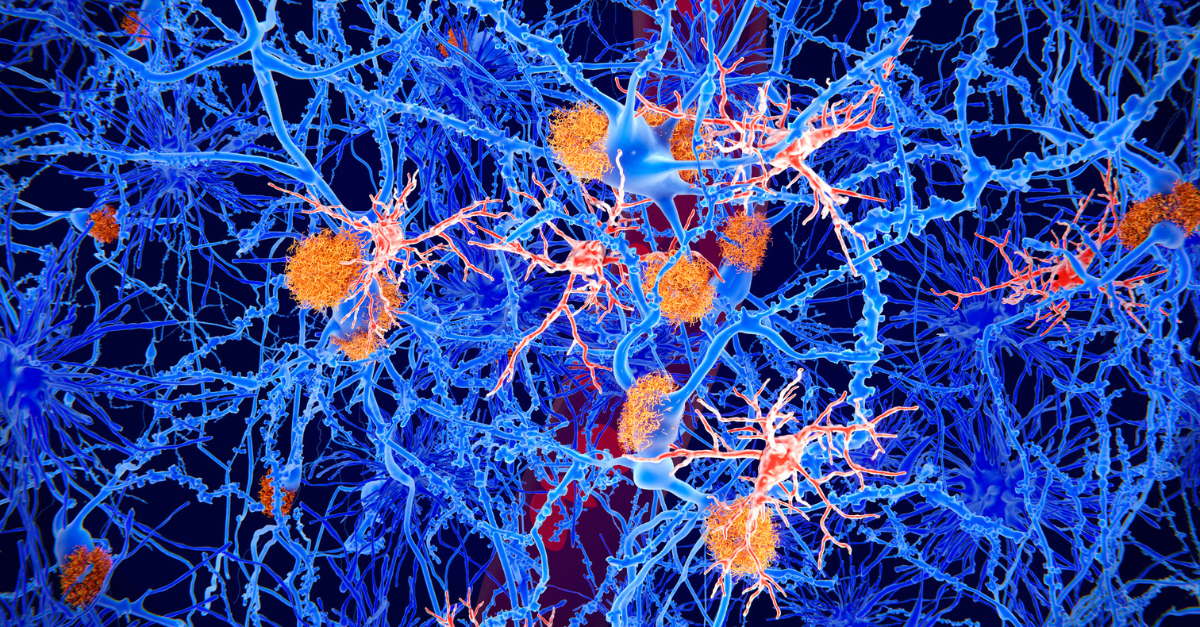The Reality of Neurological Disorders
Neurological disorders affect millions globally, disrupting memory, movement, speech, and daily activities. Disorders like Alzheimer’s, Parkinson’s, ALS, multiple sclerosis, autism, and traumatic brain injuries do not discriminate by age or background. Traditional treatments often offer only modest symptom relief, leaving patients and families searching for genuine solutions and hope.
The quest to address the root causes of these conditions has led scientists to regenerative medicine—and especially to innovative therapies using neurological disorders stem cells panama.
What Sets Panama Apart for Neurological Healing?
Panama has earned a global reputation for cutting-edge affordable stem cell therapy. With world-class clinics, top-tier clinicians, and a strong research focus, the country offers hope and advanced care to patients from every continent.
Why seek panama stem cells?
-
Access to leading scientists and protocol designers.
-
Flexible, regulated environment supporting rapid clinical innovation.
-
Internationally accredited medical centers with proven results.
-
Substantially lower treatment costs compared to North America and Europe.
This convergence of expertise, technology, and affordability allows Panama to stand as a beacon for neurological recovery.
The Science Behind Mesenchymal Stem Cells
At the core of Panama’s regenerative movement are mesenchymal stem cells (MSCs). These versatile cells can transform into a wide variety of neural and supportive tissues. Their regenerative potential comes from:
-
Ability to reduce inflammation in the central nervous system.
-
Secretion of growth factors stimulating neural repair.
-
Modulation of immune responses that often drive neurodegenerative damage.
MSCs may be sourced from bone marrow, fat, or umbilical cord tissue. Their safety, versatility, and remarkable immunomodulatory properties make them especially promising for treating complex neurological disorders.
Transforming Care: What Does Treatment Look Like?
A personalized approach is vital. Patients undergo comprehensive evaluations—medical history, advanced imaging, and functional assessments—to design customized therapy plans. Sessions typically involve:
-
Intravenous or targeted injections of neurological disorders stem cells.
-
Ongoing monitoring of neurological function and health.
-
Supportive therapies such as physical rehabilitation and cognitive exercises.
Panama leads in offering individualized protocols, bringing the latest discoveries from bench to bedside.
Conditions Showing Promise
Research and clinical experience suggest that neurological disorders stem cells panama therapies can benefit:
-
Autism spectrum disorders
-
ALS and motor neuron diseases
-
Multiple sclerosis
-
Alzheimer’s and other dementias
-
Parkinson’s disease
-
Traumatic brain injuries
-
Spinal cord injuries
In each case, the goal is not just to delay progression, but to harness the body’s regenerative capacities for real, measurable improvements in quality of life.
Affordability Without Compromise
One key advantage of seeking affordable stem cell therapy in Panama is the significant cost savings. Treatments can be up to 50% less expensive compared to the U.S. or Europe, making hope and advanced care accessible to more families globally. Transparent pricing allows prospective patients to make informed choices without hidden fees or surprises.
The Patient Experience in Panama
Patients are welcomed with compassion and professionalism, enjoying:
-
Personalized care from start to finish.
-
Thorough follow-ups and access to support teams.
-
Comfortable hospital environments and streamlined processes for international visitors.
This holistic, patient-centered philosophy extends beyond the procedure itself, ensuring that emotional, psychological, and practical needs are all addressed.
Looking to the Future
As scientific studies and patient stories accumulate, Panama’s expertise in stem cell treatments for neurological disorders continues to set new standards. Advances in mesenchymal stem cells research promise even greater benefits in the years ahead, moving society closer to comprehensive, lasting solutions for the world’s most challenging brain and nerve conditions.


